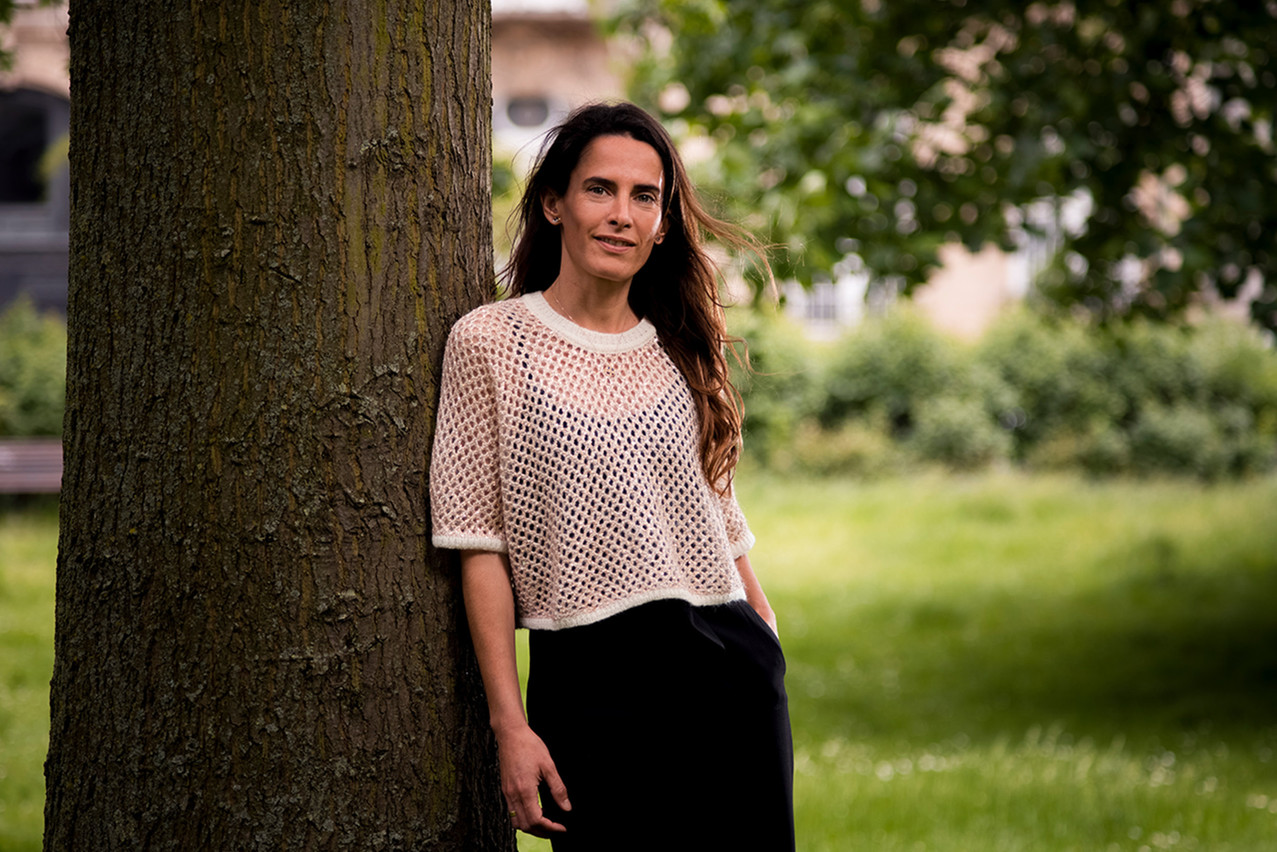Why are you taking this impact investment approach?
ESG investment has boomed over the past decade, but there is a lack of clarity on the market, with many different products using diverse but similar-sounding terms. The impact approach goes beyond the typical sustainable investment strategies, which mostly focus on companies that perform better on ESG metrics compared to their competitors. While sustainable strategies admittedly may include some impact-oriented companies, these usually make up only a smaller fraction of their portfolios. In contrast, impact strategies exclusively invest in companies driving positive change in their investment focus. We wanted to demonstrate clearly that our approach can make a difference. Impact investing is about ESG “intentionality” and “measurability” as part of a desire to be more ambitious than the most common sustainable strategies. Intentionality is about making a positive contribution to environmental and social challenges through investments in companies and projects that offer a direct contribution. Measurability requires more than anecdotal evidence, with concrete data and highly credible estimations needed.
How do you measure ESG impact with bonds and publicly traded equities?
Our approach requires assurances that a business will prioritise social and environmental impact, as well as them supplying services and products that fit ESG characteristics. The EU provides a strong regulatory framework which is used as a starting point for the analysis, when applicable. On top of that, we have set up a clear governance framework, where the Sustainable Impact Themes Operational Committee (SITOC) assesses and ensures that there is a convincing sustainable impact commitment behind each line in the portfolios.
Our investment is targeted at sectors such as sustainable agriculture, finance, education, manufacturing, cities/living, infrastructure and transport, nutrition (…)
What KPIs and industry sectors do you target?
Typically, we look for at least 30% of revenue being generated from impact-related sources, but if this is not the case, we require at least half of capex or R&D spending to target positive impacts. Otherwise, we look for company or sector specific KPIs. We engage in active debates internally, featuring a formal process to ensure both credible likelihood of positive sustainability impact and strong financial returns. We are also mindful of the risk of ESG investment bubbles, and take this into account when assessing the potential financial performance of assets. Our investment is targeted at sectors such as sustainable agriculture, sustainable finance, education, sustainable manufacturing, cities/living, infrastructure and transport, nutrition, healthcare, and energy.
Could you provide some examples of companies included in your impact approach?
The world faces the challenge of addressing decarbonization of the economy and of the energy model to replace it with a more sustainable one. Companies such as Acciona are part of the solution to these challenges. Acciona is the world’s largest 100% clean energy operator. Acciona Energía produced 24.9TWh electricity in 2023 with its c13.5GW capacity. Assuming an average household (ménage) is consuming c3,000kWh/year, this means that Acciona Energía has produced the electricity consumed by 8.3 million households in 2023 across its numerous geographies (mainly USA, Spain, Mexico, Australia and Chile).
Recycling of end-of-life products becomes increasingly essential, whereas primary resources are shrinking. Steelmaking, notably, emits around 5% of global emissions. Derichebourg is a leading global provider of waste recycling, mainly metal. Its offering covers the collection, sorting, recycling and recovery of ferrous and non-ferrous metals. The company is active in France, Spain and Belgium and has a notable presence in Germany and Italy. Using recycled metals lowers the need for natural resources and reduces energy consumption and CO2 emissions versus production processes using virgin materials. CO2 and energy savings are impressive in these cases.
Disclaimer
Degroof Petercam Asset Management SA/NV (DPAM) l rue Guimard 18, 1040 Brussels, Belgium l RPM/RPR Brussels l TVA BE 0886 223 276
Marketing. Communication. Investing incurs risks.
All rights remain with DPAM, who is the author of the present document. Unauthorized storage, use or distribution is prohibited. The provided information herein must be considered as having a general nature and does not, under any circumstances, intend to be tailored to your personal situation. Its content does not represent investment advice, nor does it constitute an offer, solicitation, recommendation or invitation to buy, sell, subscribe to or execute any other transaction with financial instruments. This document is not aimed to investors from a jurisdiction where such an offer, solicitation, recommendation or invitation would be illegal. Neither does this document constitute independent or objective investment research or financial analysis or other form of general recommendation on transaction in financial instruments.
